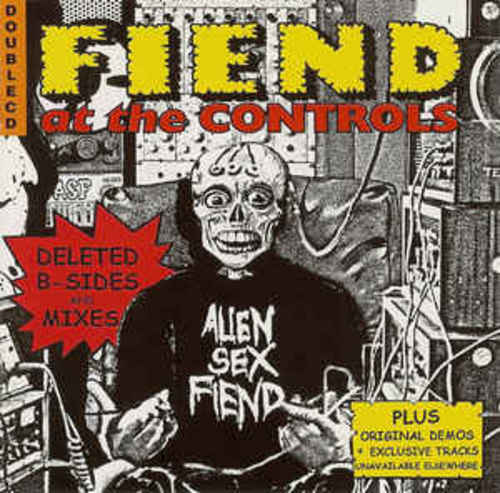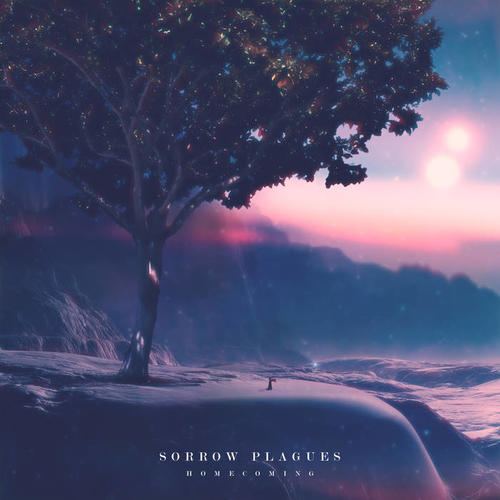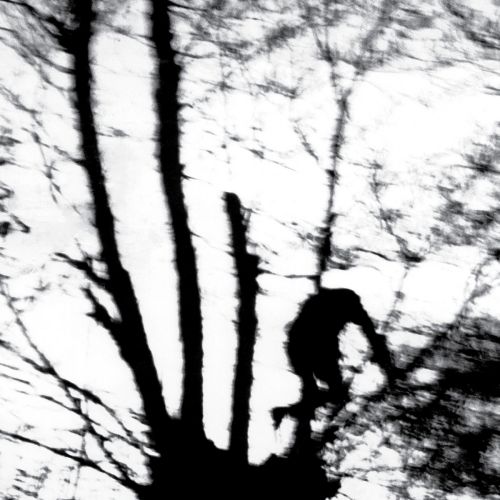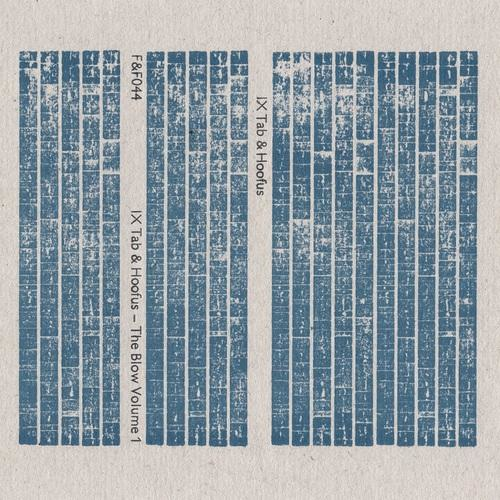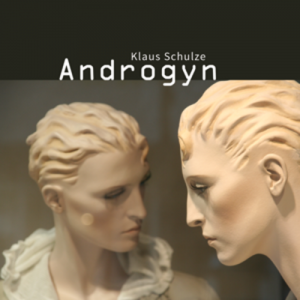 Klaus Schulze is one of the pioneers of electronic music; his expansive cosmic music from the 1970s changed the face of modern popular music, and along with Tangerine Dream, it gave the world the Berlin School sound. Since going solo in the ’70s, Schulze has released over a hundred albums and the wealth of material out there is quite breathtaking. Androgyn is a re-release of a 2002 album that was only available as part of a limited edition five CD boxset.
Klaus Schulze is one of the pioneers of electronic music; his expansive cosmic music from the 1970s changed the face of modern popular music, and along with Tangerine Dream, it gave the world the Berlin School sound. Since going solo in the ’70s, Schulze has released over a hundred albums and the wealth of material out there is quite breathtaking. Androgyn is a re-release of a 2002 album that was only available as part of a limited edition five CD boxset.
“The Dream Of Light” starts with some beautifully subdued twisting electronics before a drum pattern and deep bass set in. It has an oddly cold clinical feel, like the soundtrack to the birth pains of some robotic life form. The lead synth dances around over the top in a lighter than air fashion as the rhythm moves along underneath. Cybernetic voices drift over soft pads of sound, making the piece feel retro-futuristic.
“Back To The Future” is one of Schulze’s near thirty-minute sprawling epics, and for me one of the finest tracks on the album. It’s on these longer numbers that Schulze manages to shine as he creates aural landscapes of astounding beauty. This gives the listener time to dive into the deep oceans of sound that Schulze creates and gives you a chance to rest a while as the music builds around you. Here we get Schulze referencing the past sound of Ash Ra Tempel while still making the sound very much his own. Gliss guitar opens the piece as we drift among high clouds and on the edge of space as haunting synths swell while a slow electronic beat brews beneath the sound. The track keeps you in a warm cocoon while outside is the coldness of the void. It’s a lilting lullaby to the cosmos and something that wouldn’t sound out of place on The Orb’s Ultraworld album.Three short tracks fill the middle of the album. The first of these is “There’s No Mystery”, where Julia Messenger’s voice carries over Schulze’s warm synth pads and gives the track an almost haunting quality. This sounds like music to be played at sunset as the clouds come slowly rolling in. Wolfgang Tiepold’s cello is particularly moving during the middle section and has an almost melancholy feel to it. “Don’t Ask The Question Why” expands on the sound of the former track by merging with it and placing the emphasis more on its rhythmic aspects, with Tobias Beckler’s oboe taking centre stage. “The Passion Burns” again carries forth the sound of the previous two tracks, with Messenger’s vocals being more forward.
“This House Full Of Shadows” elongates the sound created on the previous tracks with its continuing of Schulze’s bubbling synth sound over the pulsing rhythm. Here the oboe battles it out with Schulze’s synth lead. Again, synth chords drift beneath all this, making it an almost ambient experience at points as your mind wanders into deep inner journeys and heads out to the beyond. Vocal elements pop up and the whole track has a strange Eastern vibe to it at points. At twenty minutes long, it certainly allows you to wallow in its atmosphere for a while.This album is Schulze ever expanding his sound, while still giving a few nods to the past, recognizing what a vast and amazing legacy of music he has given us and using it as well to draw from to create new and wonderful music.
-Gary Parsons-
